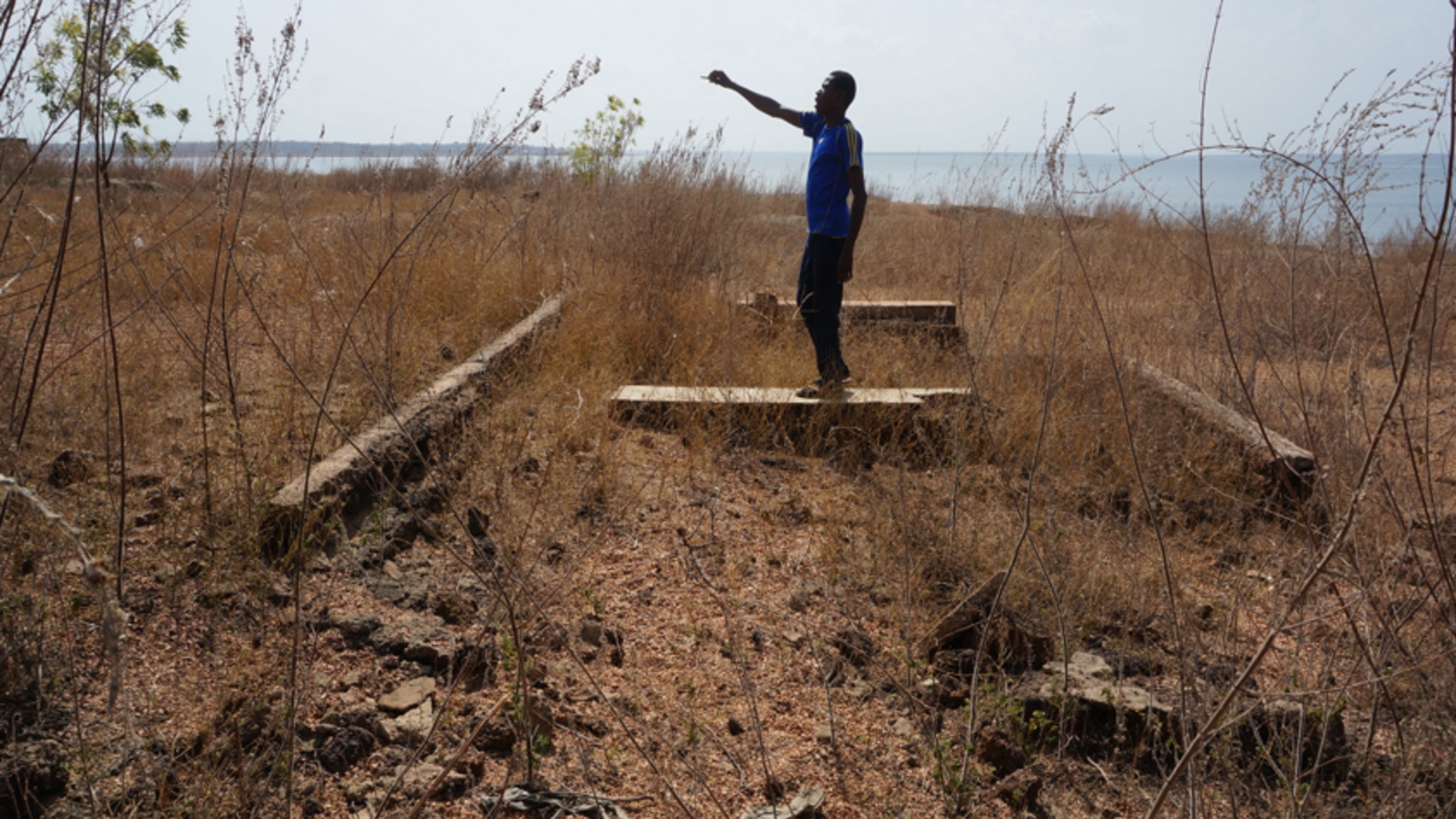Überblick
This project investigates the multifaceted layers of memorialization of German colonial rule in Kete-Krachi, a town presently located in the Oti Region of Ghana, which was a crucial part of the German Togoland colony. The study aims to explore historical events during German colonial rule, examine memorialization strategies, understand the impact of colonial memory on contemporary dynamics, and analyse global discussions on colonial reparations and memory’s influence on local perceptions. The research approach is multifaceted, blending historical analysis, contemporary analysis, and salvage archaeological excavation. The archaeological aspect of the research would involve the meticulous recovery and study of material culture, artifacts, structures, and all tangible remnants of the colonial past that have endured the passage of time to provide insights into the colonial period’s physical footprint. Thematic and material culture analyses would offer a window into the everyday lives, cultural practices, and economic activities. This research would contribute to enriching historical knowledge by understanding the complexities of postcolonial identities and the interplay between colonial legacies and present realities. It would also add to highlighting marginalized voices, revealing transnational connections, fostering development strategies, promoting education and awareness, aiding reconciliation, and contributing methodologically to the study of memory and colonialism.

